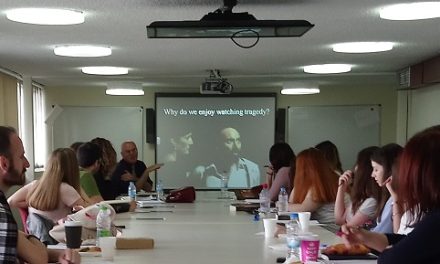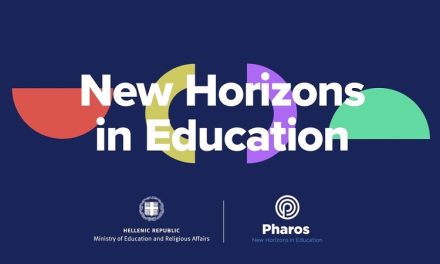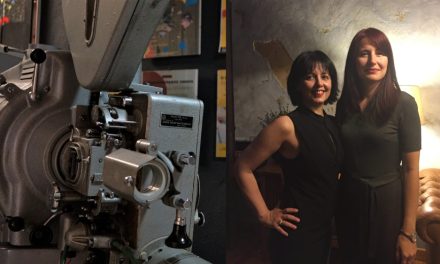The web portal Study in Greece is campaigning for the promotion and international visibility of Greek Universities and the comparative educational advantages of our country. In particular, the campaign focuses on the foreign language study programs that Greek Universities offer to Greek and international students. The initiative is supported by the General Secretariat of Higher Education of the Ministry of Education and Religious Affairs and the General Secretariat for Greeks Abroad and Public Diplomacy of the Ministry for Foreign Affairs. In this context, a number of educational programs and actions are presented in detail on a regular basis, such as undergraduate and postgraduate programs, summer schools etc, to inform international students about the many foreign language options offered by Greek Universities.
Study in Greece interviewed Professor Pavlos Kontos, Director of the brand new MA in Greek & Chinese Civilizations: a comparative approach offered at the University of Patras (UPatras), about the program, its features and what it has to offer to international students.
 Pavlos Kontos is Professor at the Department of Philosophy of the University of Patras. He has been a researcher or visiting professor at the Universities of Louvain (UCL, Belgium), Freiburg (ALU-Freiburg, Germany) and Chapel Hill (UNC, North Carolina). He has been awarded with many Greek and international research grants. His research contributes to the exploration of questions of ontology and practical philosophy raised by the phenomenological tradition and Aristotelian ethics. On Aristotelian ethics, his work includes, among others: (ed.), Evil in Aristotle (Cambridge University Press: 2018); Aristotle’s Moral Realism Reconsidered (Routledge: 2013); (ed.), Gadamer et les Grecs (Vrin: 2005); L’action morale chez Aristote (Presses Universitaires de France: 2002); Aristotelian ethics as ontology (Critique: 2000).
Pavlos Kontos is Professor at the Department of Philosophy of the University of Patras. He has been a researcher or visiting professor at the Universities of Louvain (UCL, Belgium), Freiburg (ALU-Freiburg, Germany) and Chapel Hill (UNC, North Carolina). He has been awarded with many Greek and international research grants. His research contributes to the exploration of questions of ontology and practical philosophy raised by the phenomenological tradition and Aristotelian ethics. On Aristotelian ethics, his work includes, among others: (ed.), Evil in Aristotle (Cambridge University Press: 2018); Aristotle’s Moral Realism Reconsidered (Routledge: 2013); (ed.), Gadamer et les Grecs (Vrin: 2005); L’action morale chez Aristote (Presses Universitaires de France: 2002); Aristotelian ethics as ontology (Critique: 2000).
Professor Kontos, please present to us in detail the pioneering, brand- new MA in Greek & Chinese Civilizations: a comparative approach, which is offered by the Department of Philosophy at the University of Patras.
The program is unique worldwide in two respects: (1) It is the only one that cultivates the comparative approach to the Ancient Greek and Chinese Civilizations. The comparative turn of philosophy –and of humanities in general– is a demand of our times and fulfils the need to build a deep mutual understanding between East and West. (2) It is the only one that combines a year of studies in China and a year in Europe; the first year of Studies will be held at Southwest University in the city of Chongqing, China, and the second year of studies at the University of Patras. This structure underpins the above-mentioned objective, as students will be given the opportunity to be immediately exposed to these two civilizations.
 Since this is a very ambitious undertaking, tell us how difficult it was to get it to fruition.
Since this is a very ambitious undertaking, tell us how difficult it was to get it to fruition.
To realize how difficult it was, just take into consideration that the program is run in partnership with five universities: the Southwest University and the Universities of Patras, Athens, Thessaloniki, and Crete. Every critical decision had to involve the co-operation of all the departments concerned, reaching a consensus, and have that agreement approved and signed by the five Senates! After that, dozens of papers had to be submitted to the Ministries of Education in both countries. The process took almost three years. The good news is that the Program is now directed by a small seven-member committee, and everything runs smoothly.
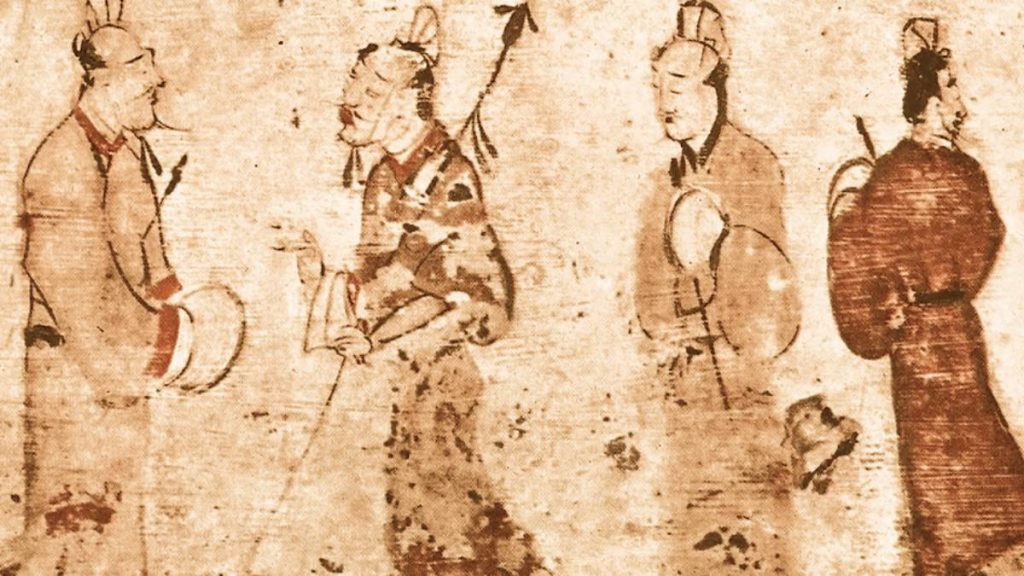 How was the collaboration with the Southwest University of China achieved?
How was the collaboration with the Southwest University of China achieved?
We would not have been able to accomplish anything without the support of the Greek Ministry of Education, and particularly the continuous and systematic support of the former General Secretary, Dr. Apostolos Dimitropoulos. It is through him that we got the support of the Chinese Embassy of Athens. Once we met our Chinese colleagues, everything was much easier, for academics share a common understanding of what is important and what is merely bureaucratic. Needless to say, a great deal of work was required to align our European system to the Chinese system, and vice-versa. However, we only made mutual adjustments, not painful compromises. Also of note: The Rector of the University of Patras, Professor Christos Bouras, and the Vice-Rector of academic affairs, Professor Dionissios Mantzavinos, supported my efforts more than I could have hoped for.
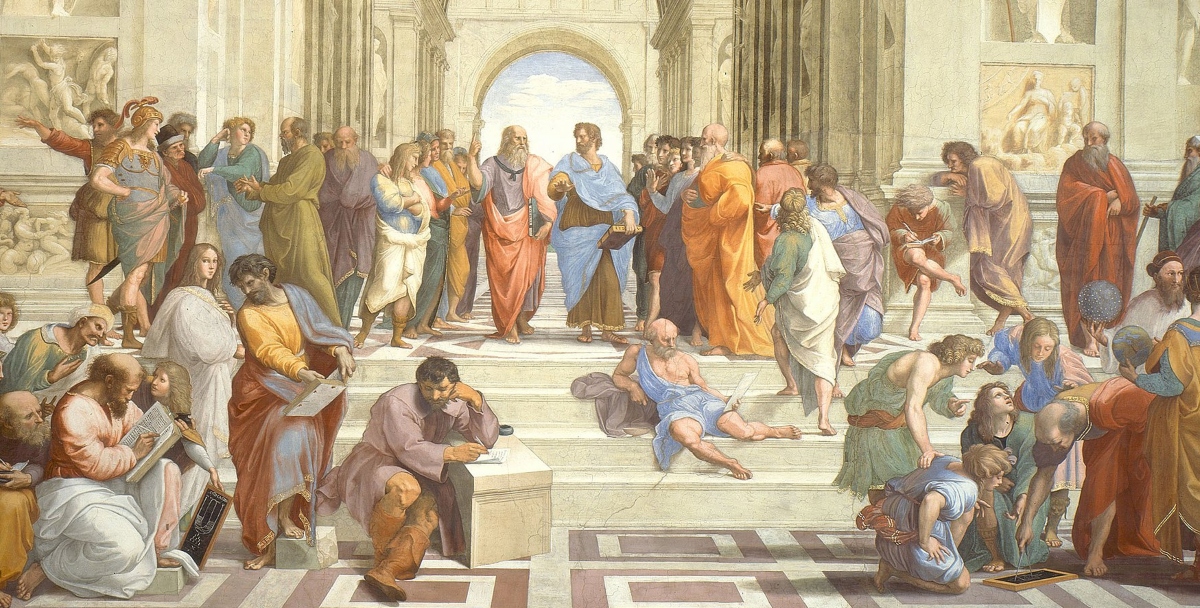 Do you think it paves the way for other international collaborations, which will help Greek Universities attract international students?
Do you think it paves the way for other international collaborations, which will help Greek Universities attract international students?
I am absolutely confident that this Master Program is not only innovative but viable too, and that it will function as a model. Let me highlight two aspects of this process: (a) our MA Program should first attract the attention of prospective students in an academic world in which Greece is not considered the first choice for graduate studies, (b) it should also view each individual student, whether international or not, as a testament to its attractiveness. These students will be the most reliable promoters of the Program in the coming years.
Given that the application period has begun, give us a few reasons why an international student should choose this program.
There are several reasons why one should consider this MA Program. First, because this is worldwide the only MA Program that cultivates the comparative approach to the Greek and the Chinese Civilizations, and this approach is of great significance in itself. Second, it offers the unique opportunity to experience everyday life and traditions in both countries first-hand, which is an opportunity not to be missed. Third, the fees are currently very low, but [laughs] they will not remain low indefinitely!
 How much do you think the arrival of Chinese students will contribute to the development of the local economy of the city of Patras?
How much do you think the arrival of Chinese students will contribute to the development of the local economy of the city of Patras?
Patras’ Department of Philosophy has also hosted students from Renmin University and from Xi’an University in the past. Do you know what they used to call Patras? Patradise! In addition to the academic benefits of the Program, the local economy will benefit significantly from the fact that Chinese people will learn about the city of Patras for the first time. They will be able to identify it on the map and realize that Patras and Santorini belong to the same country!
Note that applications for the program are now open.
Read also via Greek News Agenda: Professor Viktoria Kritikou presents the MA in Latin American and Iberian Studies at NKUA; Professor Zoe Detsi presents the MA in English and American Studies at AUTh


